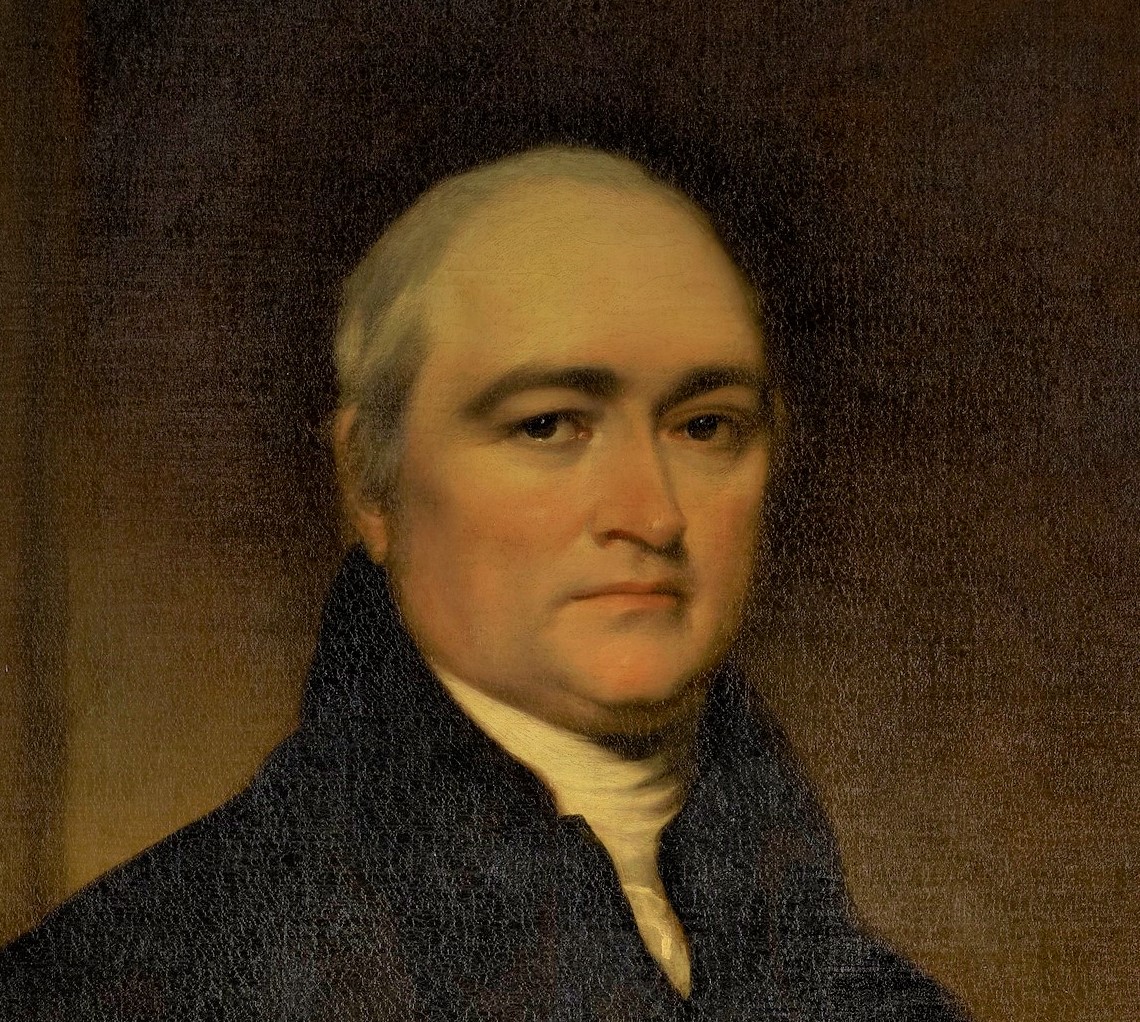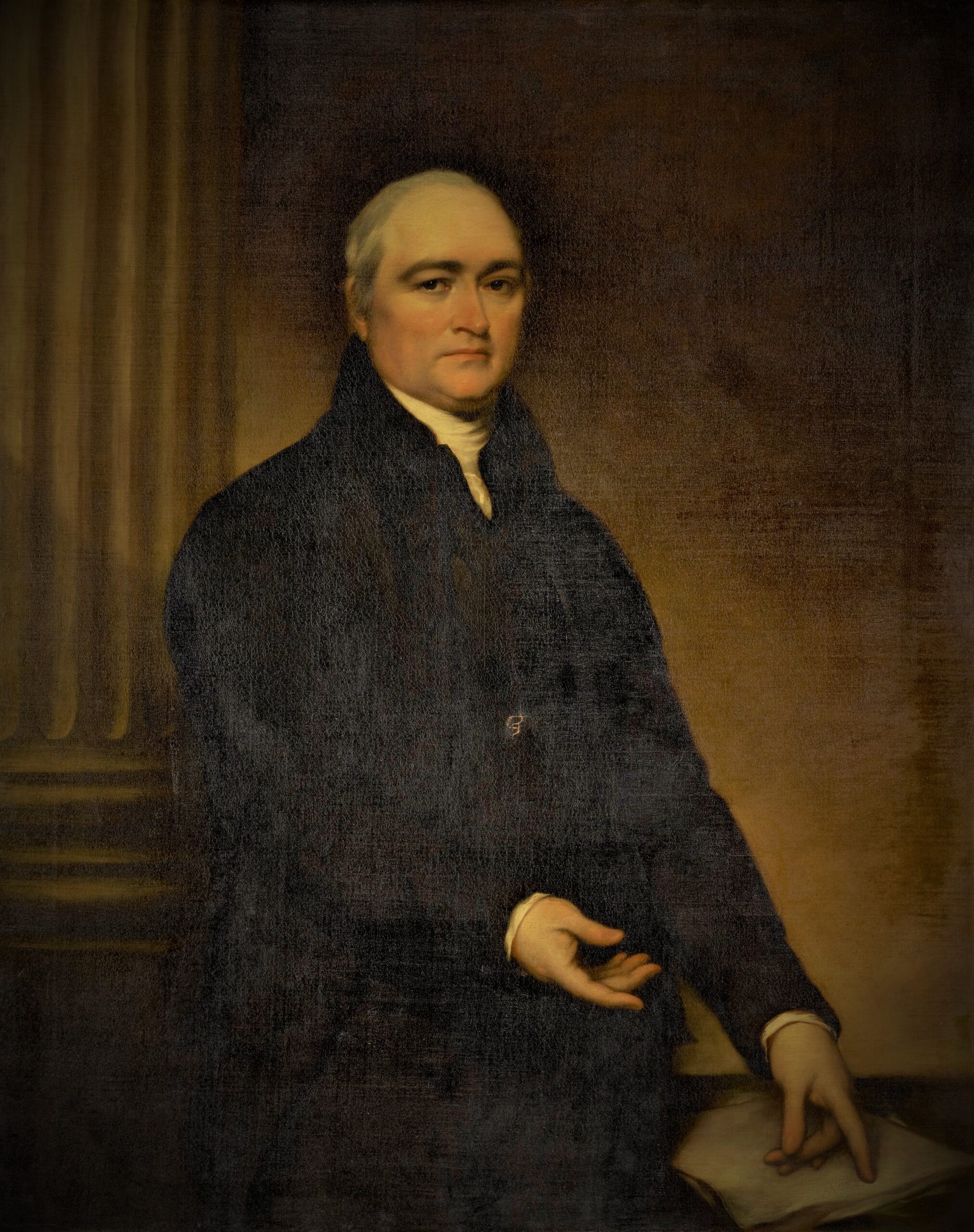“Be Not Conformed”
Yale’s history will show that for the great majority of its 300+ years, Yale was thoroughly different from what it is today.



The landmarks in Yale’s history are the men of character who have stood out when others were content to go along with the trends of the day. When it was neither comfortable nor safe to resist conformity, these men took a stand and the trends were reversed.
When David Brainerd entered Yale in 1739, the trend of the day was one of dead religion. Brainerd was a Christian “of great depth of feeling and absolute frankness” who presented the Gospel to members of the college without regard to class lines. But when he attended an unauthorized meeting of Christians in 1741, the religious authorities decided to expel him. “The student protest which first came into prominence at the time of the expulsion of David Brainerd in 1741 was the demand of Yale men to be allowed to think and act in religious matters for themselves.” The result of this reaction against Brainerd’s expulsion was the appointment of a new chaplain, the founding of the Church of Christ at Yale, and a spiritual awakening among the students.
When Timothy Dwight became president of Yale in 1795, over ninety percent of the students were following the “French infidelity,” an atheistic philosophy of the day. Immediately the student infidels challenged him to debate the question, “Is the Bible the word of God?” They thought that the president would be afraid to confront them openly, but, to their surprise, he accepted their challenge. “The frank and direct way in which he met the infidels was characteristic of the man…. He heard all they had to say, answered them, and there was an end. He preached incessantly for six months on the subject, and all infidelity skulked and hid its head.”

Said about Timothy Dwight: “The frank and direct way in which he met the infidels was characteristic of the man…. He heard all they had to say, answered them, and there was an end. He preached incessantly for six months on the subject, and all infidelity skulked and hid its head.”
Another man who did not compromise his position was a Yale student named Horace Tracy Pitkin, who later became a missionary and martyr in China. He took his stand immediately upon entering Yale as a freshman. A classmate of his said, “Not a few men made shipwreck of their college Christian life, or at least made it null and void of power, during those four precious college years, just because they waited to see how things ‘went’ religiously in college, not realizing that the position one takes the first few weeks will, in the majority of cases, determine the religious trend of one’s whole college life. Not so Pitkin.” Regardless of the conditions around him, he followed his conscience and his God. Throughout his course from first to last, everyone knew where he stood. “Be not conformed to this world,” Paul wrote to the Romans, and Pitkin lived these words.
The dangers of drifting are just as real now as they were in those days. Many Americans today tend to drift through twelve years of school and four years of college without ever coming into contact with reality. Most students sense this tendency and react to it in some way. One student becomes a political activist, another works with social problems, still another goes into outright rebellion against society. Some are content to conform and just get by. None of these ways is the answer to the problem.
The answer is clearly not religion. Those who have attended religious schools can know how ineffectual religion is in changing a person’s life. Many young people who belong to churches and denominations see them as social gatherings that meet every week for a short ceremony or lecture. But those who advocate the way of religion say that you will go to heaven if only you belong to a church. “All ways lead to heaven,” they say, “just drift along in whatever sect or denomination you happen to be in and you will be safe.”
Religion has been called “the opium of the masses” because of the false security that it gives. The great number of sects and denominations often only serves to confuse a person who is looking for the truth.
But the way to God is not through any one of the religions or denominations. Jesus said, “I am the way, the truth, and the life; no man comes to the Father but by me.”
Timothy Dwight said, “Christ is the only, the true, the living way of access to God. Give up yourselves, therefore, to Him with a cordial confidence, and the great work of life is done.”

